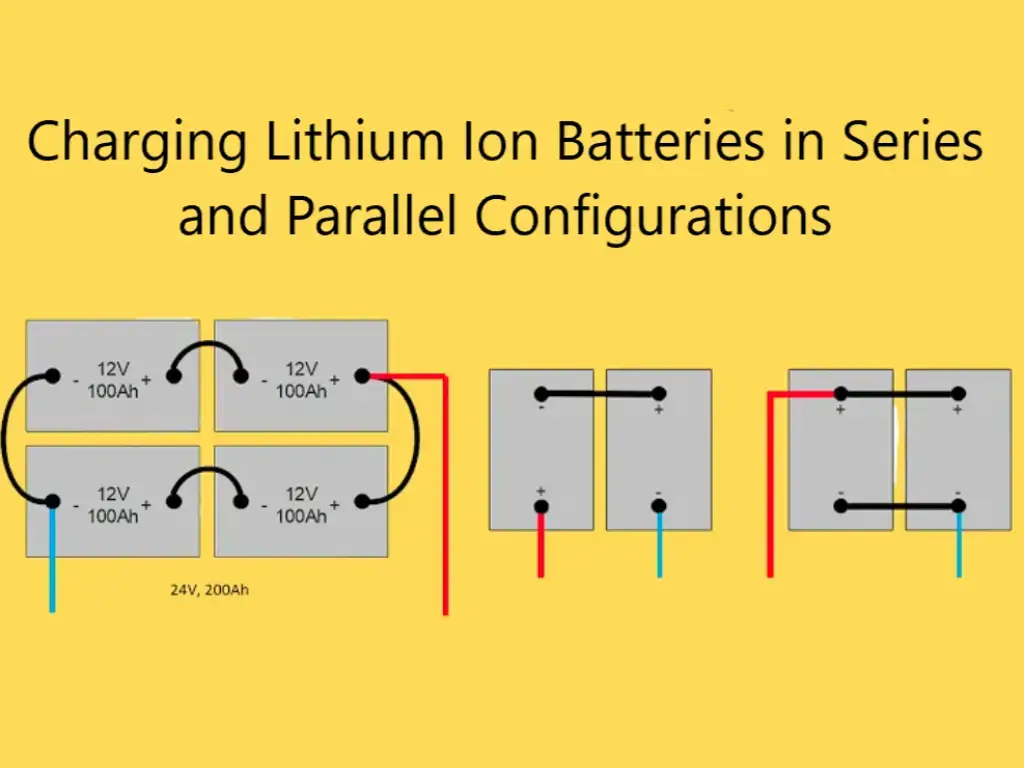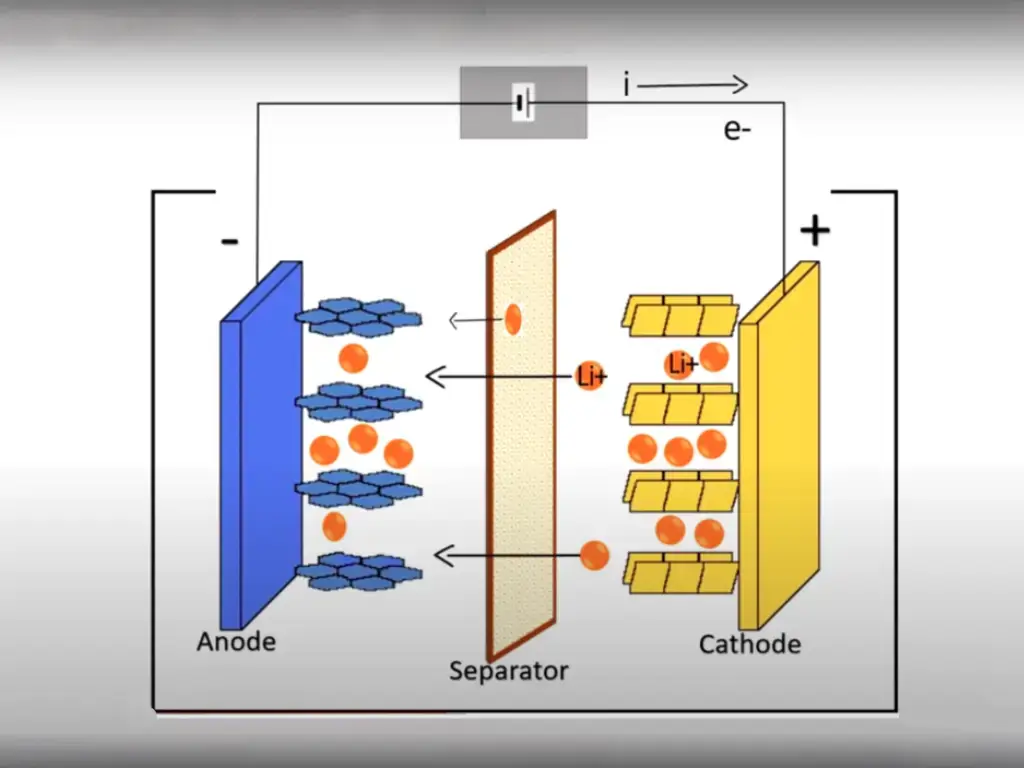The growing importance of renewable energy has highlighted the pivotal role of efficient energy storage.
The varying output from renewable sources like wind and solar presents a challenge: how to ensure a steady energy supply to meet consistent demands?
And here comes the need for “Energy Storage Systems (ESS).”
They don’t just bridge the gap between demand and supply; they offer stability, reliability, and a sustainable approach to our power networks.
Hence, the energy storage systems market is witnessing consistent growth, with an increasing number of energy storage systems manufacturers venturing into this domain.
In this article, we unpack the nuances of ESS, discussing its various types, advantages, challenges, and how these systems work. So, let’s get started!
Table of Contents
What Is An Energy Storage System (ESS)?
An Energy Storage System (ESS) is a technology designed to store excess energy produced at one time for use at a later time. It captures energy, preserves it, and provides it back when required.
ESS can store energy from various sources, most notably from renewables like solar and wind, and release it during periods when production, or generation, is low or when demand is high. This process ensures a reliable and consistent power supply, helping to balance and stabilize energy grids.
Commonly used ESS includes battery energy storage systems, with most demandable batteries being rechargeable lithium batteries.
What Are The Different Types Of Energy Storage Systems?
There are various types of renewable energy storage systems. These include electrochemical, Mechanical storage systems, thermal storage, chemical storage, and electromagnetic storage solutions.
Among them, energy storage system battery type, particularly electrochemical storage, are high in demand.
Battery Energy Storage Systems (BESS) have seen significant advancements over recent years, with lithium-ion batteries leading the charge.
Furthermore, beyond lithium-ion, there are other battery technologies like lead-acid batteries, flow batteries, etc.
Why Do We Need Energy Storage Systems?
Energy Storage Systems (ESS) address the fundamental challenge of mismatched energy supply and demand. As the global push towards renewable energy sources like solar and wind intensifies, their intermittent nature necessitates a solution to ensure consistent energy availability.
ESS captures excess energy produced during peak times and releases it during downtimes, ensuring a reliable energy supply. Furthermore, these systems enhance grid stability, reduce dependency on fossil fuels, allow for better energy management during peak demands, and mitigate power outages.
What Are The Advantages And Disadvantages Of Energy Storage Systems?
Following are some of the energy storage system benefits and drawbacks:
Advantages of Energy Storage Systems (ESS):
- Reliability and Resilience: ESS provides a continuous power supply, bridging the gap between demand and intermittent renewable energy sources like wind and solar.
- Grid Stability: They enhance the stability of the grid by balancing load, frequency, and voltage, thereby preventing potential blackouts or brownouts.
- Peak Shaving: ESS can store energy during low demand and release it during peak demand, reducing the strain on the grid and potentially lowering energy costs.
- Integration of Renewables:They facilitate higher penetration of renewable energy sources into the grid by addressing their variability.
- Reduced Carbon Footprint: By allowing for more renewable integration and decreasing the dependency on fossil-fueled power plants, ESS can help reduce greenhouse gas emissions.
Disadvantages of Energy Storage Systems (ESS):
- High Initial Costs:The upfront investment for certain storage technologies, especially newer ones, can be high.
- Degradation:Like all systems, ESS, especially batteries, have a limited lifespan and may degrade over time, reducing their storage capacity.
- Space Requirements:Large-scale storage solutions, such as pumped hydro, require significant land or infrastructure.
What Are The Benefits Of Battery Energy Storage System?
Battery Energy Storage Systems (BESS) have seen significant advancements over recent years, with lithium-ion batteries leading the charge. Their appeal lies in their high energy density, efficiency, and increasingly affordable costs. These batteries are versatile, finding their place in a range of applications, from portable electronics to grid storage solutions.
What Is The Energy Storage System Applications
Energy Storage Systems (ESS) have a multitude of applications across different sectors of the energy landscape. Here’s a comprehensive overview of their applications:
#1- Grid Balancing and Support:
Energy Storage Systems play a crucial role in maintaining the stability of the power grid. Through rapid responses to variations in grid frequency and voltage, ESS ensures the seamless operation of electrical systems, particularly in scenarios where supply and demand continuously fluctuate. Furthermore, in the event of total blackouts, ESS’s black start capability can be invaluable in restoring power generation.
#2- Renewable Integration:
As the world accelerates its shift towards renewable energy, the intermittent nature of sources like wind and solar necessitates buffering solutions. ESS provides that buffer, smoothing out energy output inconsistencies and ensuring that renewables reliably feed the grid with a steady energy supply.
#3- Backup Power and Emergency Preparedness:
Reliability in crisis situations is paramount. ESS, especially in settings like hospitals or data centers, provides an immediate backup power source, ensuring uninterrupted operations during unexpected power outages.
#4- Microgrids:
As self-sufficient energy networks, microgrids thrive on balance. ESS is central to this, storing excess generated energy and releasing it as needed, guaranteeing a consistent and stable power supply, even when disconnected from the main grid.
#5- Transportation:
The transportation sector, especially electric vehicles, is increasingly reliant on efficient energy storage. ESS, particularly lithium-ion batteries, is at the heart of this evolution, storing energy for propulsion and capturing it during regenerative braking.
#6- Energy Arbitrage:
As energy markets see price fluctuations, ESS enables a strategic play. Operators can store energy when prices are low, only to sell it back to the grid at a profit when prices climb, capitalizing on these market dynamics.
#7- Transmission and Distribution Deferral:
Infrastructure upgrades can be capital-intensive. ESS offers a cost-effective alternative, providing localized power during peak times, thereby deferring or even eliminating the need for costly transmission and distribution enhancements.
How Battery Energy Storage System Works?
A Battery Energy Storage System (BESS) serves as a reservoir to store electrical energy for future use.
- At its core, BESS works through an electrochemical process. During periods of excess electricity, the battery charges, converting electrical energy into chemical energy. This conversion involves the movement of ions within the battery cells, a process that is reversed when discharging.
- When electricity is needed, the battery discharges, converting the stored chemical energy back into electrical energy, which is then supplied to the connected load.
- Integral to the BESS is a Battery Management System (BMS). The energy storage system BMSmonitors critical parameters like voltage, current, and temperature to ensure safe and efficient operation. It acts as a protective mechanism, safeguarding the battery from potential dangers such as overcharging or overheating.
How Do You Store Energy In Your House?
There are various methods to store energy in your homes, including solar panels or wind turbines with battery storage, thermal storage, heat storage, mechanical energy storage, and many more. But the best and in-demand energy storage system for home is home battery storage with solar panels.
Following are some steps to connect solar energy storage systems to store energy in your house:
- Install solar panels on your roof or property.
- Connect the solar system to a home battery energy storage system.
- During the day, solar panels generate electricity, and excess energy is stored in the battery for use at night or during periods of low solar production.
How Much Battery Backup Do I Need For My House?
Excluding the operation of air conditioning or electric heating systems, a battery with a 10 kWh capacity can sufficiently supply electricity to the essential systems in a standard home for a minimum of a full day (24 hours).
To determine the battery backup needed specifically for your house, you need to consider the following:
- First, assess your daily energy consumption in kilowatt-hours (kWh) by examining electricity bills or using an energy monitor.
- Then, decide on the desired backup duration, considering whether you need power for a few essentials or the entire house. It’s crucial to list out vital appliances and tally their energy requirements to ensure they operate during an outage.
- Finally, account for the battery’s efficiency and its recommended Depth of Discharge (DoD).
FAQs
Is home energy storage worth it?
Yes! Home energy storage can be worth it, especially for those seeking increased energy independence and resilience during power outages. However, its cost-effectiveness depends on local electricity prices, renewable energy incentives, and individual energy usage patterns.
How long do battery energy storage systems last?
These battery energy storage systems typically last between 10 to 15 years, depending on their usage and quality. However, their capacity might decrease over time, necessitating more frequent replacements or upgrades for optimal performance.
What does battery storage cost per kWh?
A lithium-ion energy storage system cost per kWh typically ranges from $150 to $200. An average-sized residential battery system will range from $1300 to $1800 in total.
Conclusion
In conclusion, understanding the multifaceted world of Energy Storage Systems (ESS) is crucial in our transition toward a more sustainable and resilient energy future. ESS plays an integral role in efficiently harnessing, storing, and utilizing renewable energy, from varying types like battery, thermal, and mechanical systems to diverse applications and considerations for home energy storage. As technology continues to advance, the energy storage systems market will likely see continued growth, innovation, and cost reductions, making energy storage more accessible and practical for a broad array of uses and contributing significantly to global efforts in reducing carbon emissions and ensuring energy security and reliability for all.





